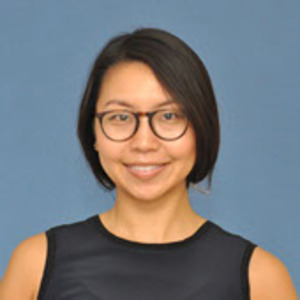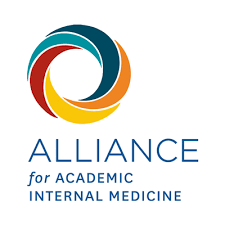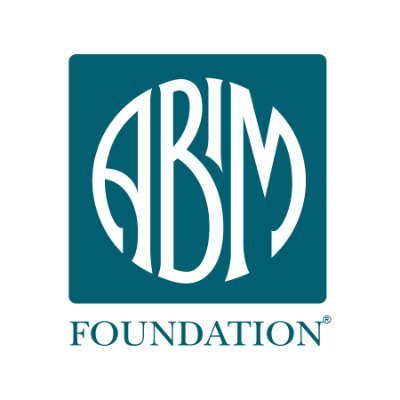


UW Medicine receives grant to enhance health equity training
‘Building Trust’ grant
Dr. Gina Kim, clinical assistant professor (Gerontology and Geriatric Medicine) has been awarded a grant through the Building Trust Through Diversity, Health Care Equity, Inclusion, and Diagnostic Excellence in Internal Medicine Training program.
This grant, part of a $400,000 national initiative funded by the Alliance for Academic Internal Medicine (AAIM), the American Board of Internal Medicine (ABIM), the ABIM Foundation, the American College of Physicians (ACP), and the Gordon and Betty Moore Foundation, is a pivotal step toward fostering a more inclusive health care system.
Fifteen medical schools and health systems across the United States have received awards as part of the ‘Building Trust’ grant program to improve medical education and training to build a more trustworthy health system.
The 'Building Trust' grant will support Kim's projects at UW Medicine that aim to reduce language barriers in healthcare by assessing and improving utilization of interpreter services at Seattle-area skilled nursing facilities (SNFs).
reducing language barriers in healthcare
Language barriers are associated with poor health outcomes.
Adverse events are disproportionately related to communication errors in patients who use a language other than English (LOE) compared to English proficient patients, longer hospital stays, increased odds of preventable 30-day readmissions, higher mortality rates and higher health care costs for hospitals.
Led by principal investigator Dr. Gina Kim, the grant will support the development of an assessment tool to better understand current communication practices and barriers to consistent interpreter service use in SNFs. The assessment tool results will help in identifying target areas for further quality improvement interventions.
Additionally, Kim's team aims to improve patient communication and equity in a harm reduction model for patients with LOE in SNFs by evaluating the feasibility of smart, handheld, speech-to-speech and speech-to-text translation devices among nursing staff and residents for brief assessments.
Accessible and effective communication in a patient's preferred language can significantly improve patient trust, satisfaction and outcomes.
“These grants are a part of our ongoing commitment to building more inclusive and trustworthy health care systems,” said Richard Baron, MD, MACP, President and CEO of the American Board of Internal Medicine and the ABIM Foundation.
“By investing in health equity training, we’re improving an important dimension of the quality of medical education and addressing the systemic inequities that have long undermined patient trust. These innovative and collaborative projects help to foster a health system where every patient feels respected, understood, and confident in the care they receive.”